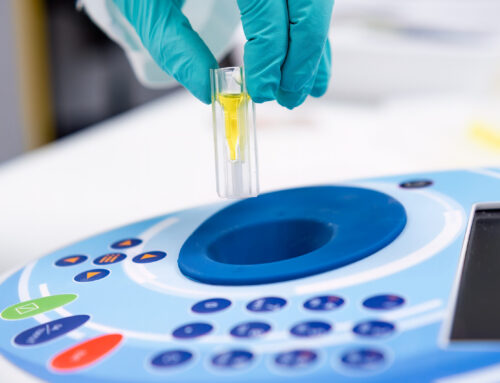Tumor markers are substances—usually proteins or molecules—produced by cancer cells or by your body in response to cancer. They can be found in blood, urine, tissue, or other body fluids, and are used to help monitor, diagnose, or assess cancer in different ways.
What Are Tumor Markers?
Tumor markers are biomolecules that can indicate:
- The presence of cancer
- The type of cancer
- How aggressive the cancer is
- Whether treatment is working
- If there is a recurrence after treatment
Some tumor markers are specific to certain cancers, while others are more general.
Common Examples of Tumor Markers:
| Tumor Marker | Commonly Associated Cancer |
| CA 15-3 / CA 27.29 | Breast cancer |
| CEA (Carcinoembryonic antigen) | Colon, rectal, breast, and lung cancers |
| CA-125 | Ovarian cancer |
| PSA (Prostate-specific antigen) | Prostate cancer |
| AFP (Alpha-fetoprotein) | Liver, testicular cancer |
| HER2 | Breast and gastric cancers |
| LDH (Lactate dehydrogenase) | Lymphomas, germ cell tumors |
| NSE (Neuron-specific enolase) | Small cell lung cancer, neuroblastoma |
Why Are Tumor Markers Important After a Cancer Diagnosis?
1. Tracking Treatment Effectiveness
- Tumor markers can show how well your body is responding to chemotherapy, radiation, or targeted therapy.
- Falling levels may indicate a positive response.
- Rising levels might suggest resistance or progression.
2. Monitoring for Recurrence
- After successful treatment, tumor markers are often used to watch for cancer returning—sometimes even before symptoms arise.
3. Guiding Therapy Decisions
- Some tumor markers (like HER2, ER, PR) help oncologists personalize treatment, such as choosing targeted therapies or immunotherapies.
4. Risk Stratification
- Elevated markers can help assess how aggressive the cancer is, or whether more intensive monitoring or treatment is needed.
Caveats to Understand
- Tumor markers are not perfect diagnostic tools. Many can be elevated in non-cancer conditions like inflammation or benign tumors.
- Not all cancers produce detectable markers.
- Tumor markers should always be interpreted in context—alongside imaging, physical exams, and pathology.
Empowerment Through Knowledge
Understanding tumor markers gives you:
- Insight into how your cancer is being monitored
- A way to track progress and ask informed questions
- Peace of mind when markers are stable—or an early warning if they start to rise
If you’re a patient, survivor, or caregiver, learning about tumor markers can help you become an active participant in your care, not just a recipient.





